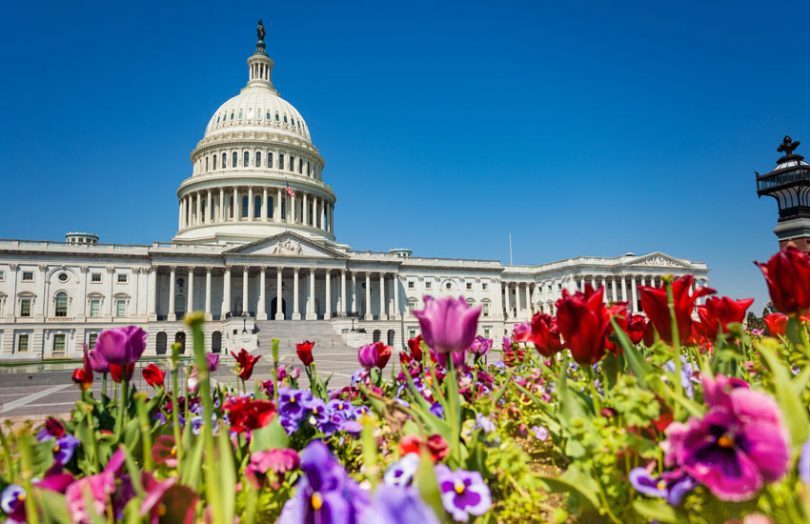On December 6, Congress reached a bipartisan agreement on the amended 2023 National Defense Authorization Act (NDA Act) which the Senate passed on December 15. The document stretches to several thousand pages and includes 16 pages outlining a National Strategy for the research and development of distributed ledger technology (DLT). The Office of Science and Technology Policy (OSTP) will be responsible for developing the strategy. In fact, the OSTP isn’t part of the Department of Defense as it sits within the Office of the President.
Despite the government’s desire to reign in the cryptocurrency sector, the research explicitly includes applications on public and permissionless blockchains.
The legislation shows more than a passing resemblance to a separate bill introduced in May by Republican Senators Roger Wickers and Cynthia Lummis, which called for a national strategy. Lummis is a vocal cryptocurrency supporter and one of the architects of one of the most promising digital asset bills, the Lummis-Gillibrand Responsible Financial Innovation Act.
Blockchain use cases
The NDA Act covers a broad range of DLT activities and will include applications that could benefit society but are not attracting private investment.
Incentives and tokenomics are critical in blockchain networks, both public and private. Hence the research will include game theory, mechanism design, and the governance of decentralized networks.
Part of the research revolves around the use of DLT by federal agencies. It wants to use the technology for sharing data between departments in a privacy preserving way and in other contexts to provide transparency to citizens. Blockchain could be used for automating compliance. One potential use case is targeting the underbanked population, and financial inclusion is often discussed in the cryptocurrency world.
An area mentioned that is less clear is to use DLT to “mitigate risks that may threaten individuals’ rights or broad access to Federal services.”
There’s also a plan to award grants to fund research into federal and private sector use cases. This includes a broader range of applications such as digital identity, digital credentials, supply chain transparency, managing medical data, digital property rights, infrastructure resilience and peer-to-peer transactions.
Some of the grants will go to startups through the Small Business Innovation Research (SBIR) program and the Small Business Technology Transfer program. However, there have already been numerous blockchain grants under the SBIR program, including to Xage and SIMBA Chain.











 All while Pfizer—a company with a $2.3 billion criminal fine for fraudulent marketing, bribery, and kickbacks—was given blanket immunity from liability and billions in taxpayer dollars to produce a vaccine in record time with no long-term safety data.
All while Pfizer—a company with a $2.3 billion criminal fine for fraudulent marketing, bribery, and kickbacks—was given blanket immunity from liability and billions in taxpayer dollars to produce a vaccine in record time with no long-term safety data.
























